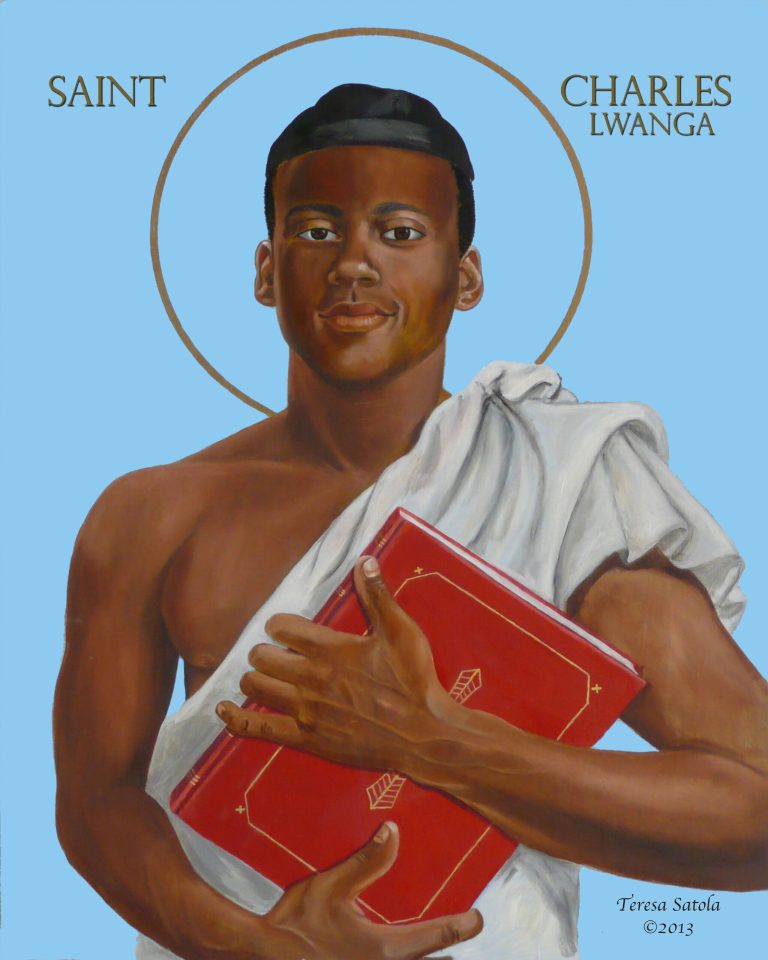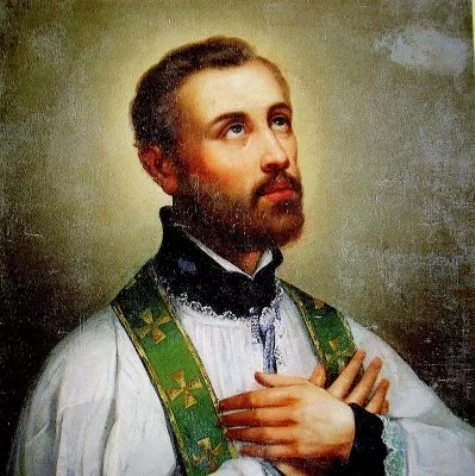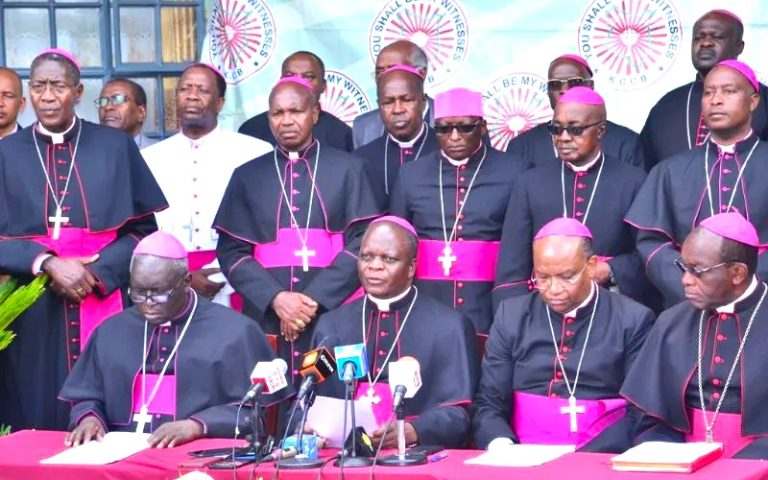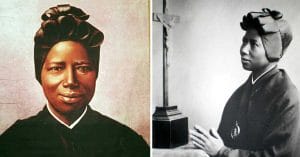
Welcome to Episode 13 of Saint of the Week. Today, we honor Saint Josephine Bakhita, a remarkable woman whose journey from slavery to sainthood remains one of the most powerful testimonies of hope, forgiveness, and Christian love.
Early Life in Sudan
Saint Josephine Bakhita was born around 1869 in the Darfur region of Sudan, in a village called Olgossa. Her exact birth date is unknown. As a child, she lived a happy life with her family until she was kidnapped by Arab slave traders at around the age of seven. The trauma of the abduction was so intense that she forgot her birth name. Her captors mockingly named her “Bakhita,” which means “lucky” in Arabic—a cruel irony given her suffering.
Bakhita was sold multiple times in the slave markets of Sudan. She endured severe beatings, forced conversions, and brutal treatment. One of her owners, a Turkish general, inflicted especially cruel punishments, including tattooing her skin with 114 intricate patterns using a razor and salt.
Eventually, she was sold to an Italian consul, who treated her more humanely. In 1885, he took her to Italy, where she was given to the Michieli family and served as a nanny. When the family traveled abroad, Bakhita was left in the care of the Canossian Sisters in Venice. There, for the first time, she encountered the Christian faith.
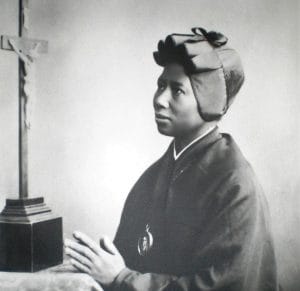
Conversion and Religious Life
Touched by the kindness of the nuns and inspired by the Gospel message, Bakhita requested to stay with them. When the Michieli family demanded her return, the Canossian Sisters appealed to the Italian courts. The court ruled that slavery had been outlawed in Sudan before her birth and that Bakhita had never been legally a slave in Italy. She was declared free.
In 1890, she was baptized and confirmed, taking the name Josephine Margaret Bakhita. Three years later, she joined the Canossian Daughters of Charity, making her final vows in 1902.
For the next 50 years, Sister Josephine lived in Schio, a small town in northern Italy. She worked as a cook, sacristan, and doorkeeper. Her gentle spirit, deep prayer life, and radiant joy made her beloved by all who knew her.
Despite the pain of her early life, she harbored no resentment. She famously said, “If I were to meet the slave traders who kidnapped me, I would kneel and kiss their hands, for if that did not happen, I would not be a Christian and a religious today.”
Her deep faith, humility, and ability to forgive captured the attention of many. People from across Italy sought her prayers and spiritual counsel.
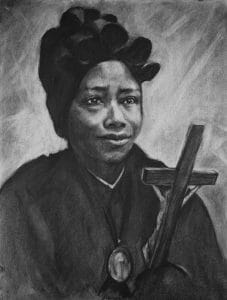
Death and Canonization
Saint Josephine Bakhita died on February 8, 1947, after a long illness. Her last words reportedly were, “Our Lady! Our Lady!” She was canonized by Pope John Paul II on October 1, 2000, and her feast day is celebrated on February 8.
Saint Josephine Bakhita is the patron saint of Sudan, survivors of human trafficking, and slavery victims. Her life story has become a beacon of hope for millions, especially those experiencing oppression or injustice.
In 2015, Pope Francis called her “an exceptional witness of Christian hope,” and her life is often cited in the Church’s fight against modern slavery.
Saint Josephine Bakhita teaches us that no circumstance—no matter how painful—can define our future when we entrust our lives to God. Her ability to forgive and her unwavering faith call us to examine our own capacity for mercy, resilience, and joy in suffering.
Join us next week for another inspiring edition of Saint of the Week!


